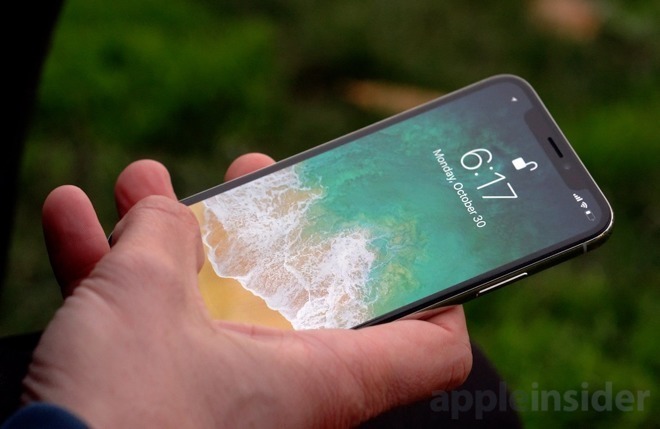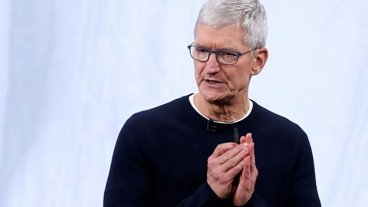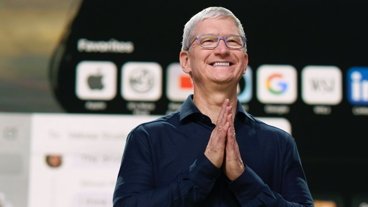If iPhone sales sag, 'Apple as a Service' might be future of company, says Gene Munster
The way investors should treat Apple stock has changed, analyst Gene Munster insists, suggesting the company is now entering a "new paradigm" where Apple needs to be looked at more as a service provider than as the producer of iPhones and other hardware.
"About every 10 years, there is a new paradigm that drives investor thinking on the Apple story," writes Loup Ventures analyst Gene Munster. Starting with the growth of Mac from 1984 to 1995, the reason to invest changed to "post jobs and competition from PC" until 1997, then the iPod era from 2001 until 2006, then lastly the iPhone from 2007 until present.
In his article, Munster suggests a new paradigm has been created, calling it "Apple as a Service." In this, Munster believes investors will shy away from the product cycle hype and "disappointment," and eventually stop needing the so-called iPhone "super cycle" for Apple to remain favorable to investors.
"What will slowly go away (may take a couple of years) in this new way of thinking is hype ahead of new product releases and the inevitable anxiety related to unit sales once a product ships," Munster writes. "We still think anticipation around new products will influence shares, but that influence will be shorter lived."
As an example, Munster proposes Apple will probably release a larger-screen and lower-priced iPhone this fall. While this would be good for iPhone demand, it is apparently unlikely to result in a super cycle, defined as a greater-than 10-percent year-on-year iPhone unit growth.
Munster outlines four key themes for Apple as a Service. First, he suggests a 0 to 5-percent growth in the iPhone business, which generates 62 percent of revenue, is "representative of a hardware business performing increasingly like a software business."
Apple's Services business, built on top of the predictable iPhone sales, is predicted to continue growing at a rate of around 15 percent for the next few years. In the most recent results, Services earned Apple $9.19 billion, the best quarter for the operating segment on record, and one that outperformed analyst expectations of $8.5 billion.
The third theme, capital return, suggests share buybacks could reach between $40 and $50 billion per year. "Assuming AAPL shares rise, that buyback alone could move shares 5 percent higher this year, 4 percent higher in 2019, 3 percent higher in 2020, etc."
The fourth and final area is in new products, with Apple still needing to innovate to maintain its high iPhone retention level at above 90 percent. Under the new paradigm, new product categories like "original content, AR (including glasses), and automotive autonomy are opportunities not yet reflected in Apple's valuation."
When combined together, Munster believes this creates a stable business that is growing at 5 to 10 percent per year, and one that is returning the majority of its profits to shareholders.
In the latest financial results, Apple revealed it earned $61.1 billion in revenue with an earnings-per-share of $2.73 in the second quarter of the fiscal year 2018. Shipments of iPhones were up 3 percent year-on-year to 52.2 million, collecting $38 billion in revenue, with an average selling price (ASP) of $728.30.
 Malcolm Owen
Malcolm Owen











 Andrew Orr
Andrew Orr
 Wesley Hilliard
Wesley Hilliard
 Amber Neely
Amber Neely

 William Gallagher
William Gallagher










